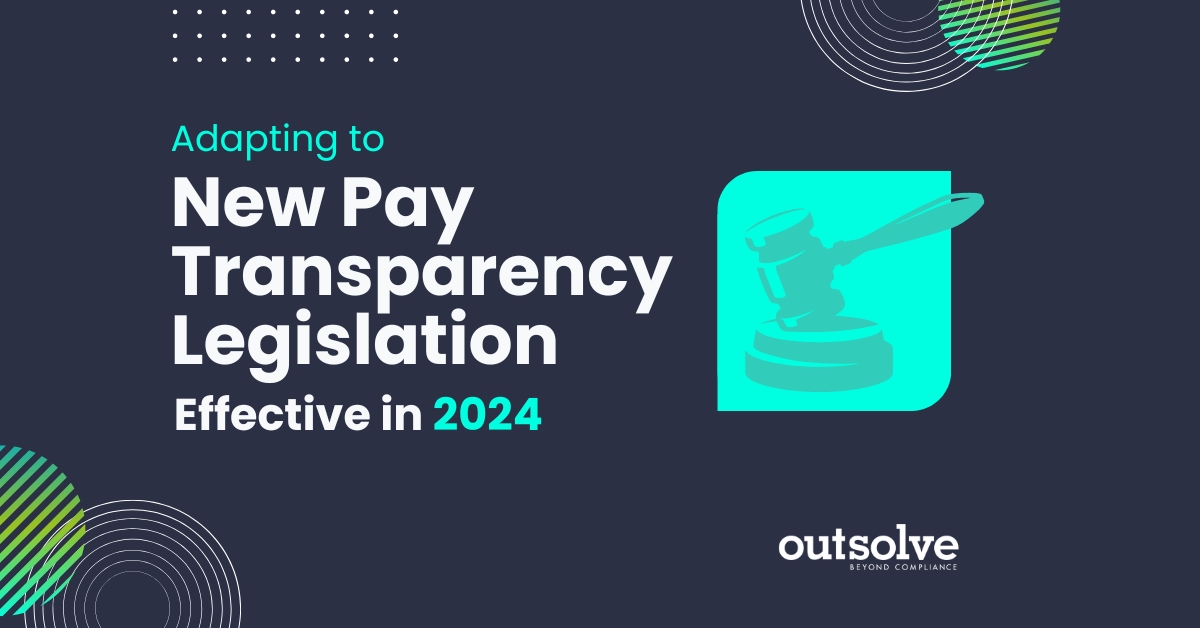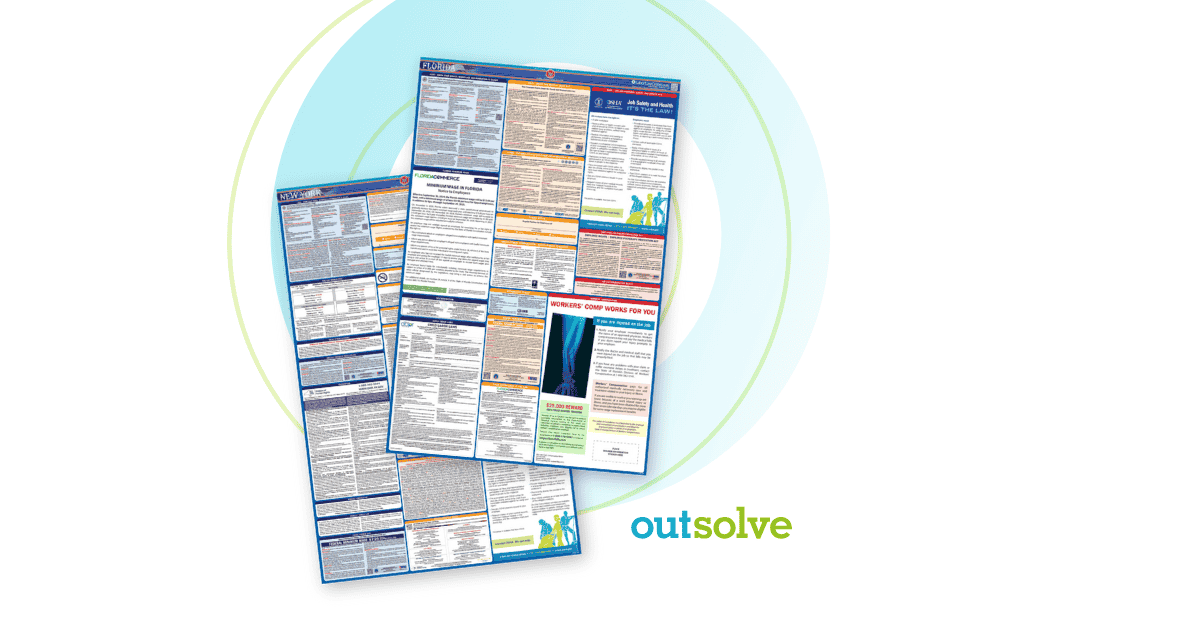2 min read
Adapting to New Pay Transparency Legislation Effective in 2024
 Debra Milstein Gardner
:
Mar 20, 2024 1:15:00 PM
Debra Milstein Gardner
:
Mar 20, 2024 1:15:00 PM

In the pursuit of fair and equitable compensation practices, jurisdictions worldwide are implementing new laws to promote pay transparency and combat wage disparities. These legislative initiatives aim to address historical inequalities by prohibiting employers from inquiring about an applicant's salary history, disclosing salary ranges in job postings, and restricting the use of pay history in determining compensation. As we delve into the overview of three jurisdictions' upcoming pay transparency laws set to take effect in 2024, we'll examine the specifics of these regulations and their implications for employers and job seekers alike.
From Columbus, Ohio, to Minnesota and Washington, D.C., each jurisdiction brings its unique approach to fostering greater transparency and fairness in the workplace. Let's explore the key provisions and requirements outlined in these laws to understand how businesses and individuals can navigate this evolving landscape of pay transparency legislation.
Columbus, Ohio: Effective March 1, 2024, Columbus prohibits employers with 15 or more employees from inquiring about an applicant's salary history. Ordinance 0709-2023 extends to screening applicants based on past compensation and making hiring decisions solely on salary history. Employers are also prohibited from searching publicly available records to obtain salary history. It does not apply to internal transfers or promotions or to applicants rehired within three years of separation.
While employers can discuss salary expectations with applicants, as well as other monetary incentives the applicant would forfeit by resigning from their current employment, they are not required to share pay scales. Exceptions include federal, state, or local law mandates, voluntary disclosures by applicants, and internal transfers or promotions. Violating employers may face civil fines of up to $5,000.
Minnesota: Since January 1, 2024, Minnesota prohibits all employers, regardless of size, from inquiring into an applicant's pay history unless it is publicly available or voluntarily disclosed by the applicant. Employers may discuss salary expectations with applicants but cannot prompt pay history disclosure. Employers must offer salaries based on the current job market taking into consideration the applicant or employee qualifications, and not their former salary. The Wage Disclosure Protection law exempts certain federal, state, or local law provisions and voluntary disclosures by applicants.
Washington, D.C.: Scheduled for enactment on June 30, 2024, Washington, D.C.'s new Pay Scale and Benefits Disclosure Amendment Act of 2023, also known as the Wage Transparency Omnibus Amendment of 2023, mandates private employers, regardless of size, to disclose minimum and maximum salary ranges in internal and external job postings and advertisements. Screening job applicants based on wage history is forbidden. Employers must also disclose other benefits before the first interview and post notices informing employees of their rights. Violations may result in civil fines ranging from $1,000 to $20,000 per occurrence, with the attorney general empowered to investigate and seek remedies.

As employers, it is essential to proactively adapt to the upcoming pay transparency legislation to ensure compliance and foster a fair and inclusive work environment. Start by familiarizing yourself and your team with the specific provisions of these laws, including any requirements related to salary history inquiries, disclosure of salary ranges in job postings, and prohibitions on screening applicants based on wage history. Update your hiring practices, internal policies, and training protocols to align with the new requirements. Additionally, consider conducting a comprehensive review of your compensation structures to ensure equity and transparency across the board. By taking these proactive steps, you can not only mitigate the risk of non-compliance but also demonstrate your commitment to promoting fair and equitable compensation practices within your organization.
Debra Milstein Gardner has worked in the Equal Employment Opportunity (EEO) and Affirmative Action (AA) space for the past 43 years while working in the public and private sectors in various human resources compliance roles. She began her career working for the Equal Employment Opportunity Commission and then went to the Marriott Corporation for nine years working in EEO, Affirmative Action and field human resource roles. In 1990, Debra founded Workplace Dynamics LLC providing EEO, AA, and DEI consulting services to government contractors. In 2016, Debra sold the affirmative action portion of Workplace Dynamics to OutSolve LLC and works part-time as a Market Analyst. Debra is a sports fanatic, routing for the Baltimore Ravens and all Virginia Tech Hokie teams. She loves to hike and boat in her mountain and lake community of Lake Lure, NC.
Recent Posts
Related Posts

The Ultimate Guide to Multi-State Labor Law Posters
Human Resources professionals understand how important and challenging it can be to remain updated and compliant with labor laws. This is especially...

Countdown: Final Days of the 90-Day Safe Harbor Period for AAPs
April is here and with that comes the end of the 90-day safe harbor period for federal contractors complying with EO 11246. As April 21, 2025,...

What Triggers an I-9 Audit? Key Factors You Should Know
Verifying proper identity and work authorization documentation for every employee is a crucial HR compliance function - not just for a company’s...


